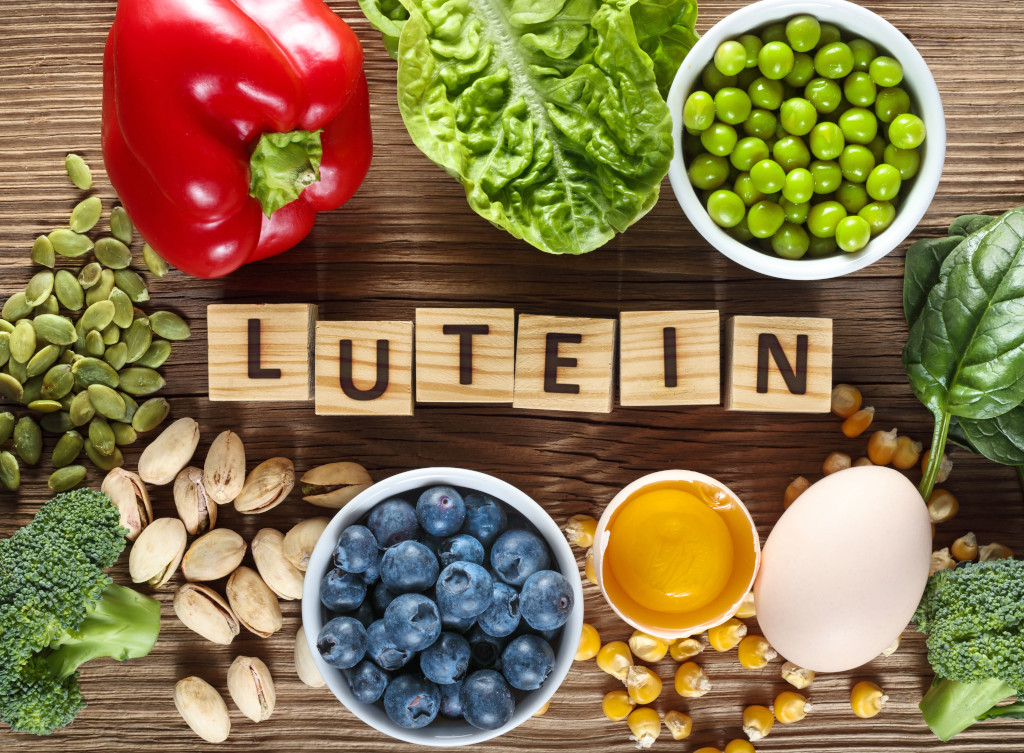By Yvonne Marie Ferrer, MD
Learn why this so-called ‘eye-vitamin’ can help reduce the risk of developing cataracts and age-related macular degeneration.
Aging sets differently from person to person. The most common signals of adding years to life include joint pains, memory gap and blurring vision. Of these, visual impairment seems to be the most important sign to prevent. What good is having no joint pain when you cannot clearly see the beauty of surroundings while walking? How can you store beautiful memories if everything you see is blurry?
Vision is perhaps the most important of all senses. The government even declared August as Sight Saving Month through Proclamation No.40 in 1954, aiming for a reduction in the prevalence of avoidable blindness in the Philippines through the provision of quality eye care. It is believed that addressing avoidable blindness helps improve functional ability and self-esteem, thus contributing to a better quality of life. On the other hand, if blindness or visual impairment ensures, productivity is lost, resulting in undesirable economic and social dependency.
According to the World Health Organization, cataracts remains the leading cause of blindness following by glaucoma and age-related macular degeneration. In the Philippines,2017 statistics revealed that blindness due to cataracts was 33%-25% due to an error of refraction and 14% due to glaucoma. These are alarming numbers and we all need to act early in order to prevent these from increasing further. The good thing is that science offers several ways to curb blindness, and more importantly, its causes. One very easy way is proper nutrition, through supplementation of the so-called ‘eye vitamins’. Vitamin A, C and E have long been proven to support eye health. More recently, Lutein has gained popularity as beneficial in the prevention of macular degeneration and cataract which, as mentioned earlier, are two of the most common causes of blindness.
Lutein is related to vitamin A, being a carotenoid. It naturally occurs in the eye, serving as an eye pigment in the macula and retina. The macula and retina are parts of the eye that are responsible for clear vision and visual perception. Lutein’s main function is protection from damage caused by sunlight by posing as a light filter. Vegetables like broccoli, spinach, squash and fruits such as kiwi and grapes are rich in this eye vitamin.
Aging causes the macula to degenerate, thus leading to visual impairment and even blindness. But studies prove that macular degeneration may be prevented or slowed down by Lutein. The first study that showed a direct relationship between Lutein intake and age-related macular degeneration (AMD) was done in 1994. This research revealed that Lutein was associated with a 57% decreased risk for AMD. It also found out that subjects who ate more spinach had a lesser tendency to develop AMD, proving that people who had more lutein intake was less prone to this disease.
A study in 2015 reinforced earlier findings on lutein: this paper which analyzed several studies on Lutein and Zeaxanthin (another carotenoid) concluded that these vitamins play a role in the prevention of both cataracts and AMD. The observational studies that were analyzed showed that dietary intake of Lutein may help reduce cataract incidence, and subsequently, the need for cataract extraction. This paper supported the benefits of Lutein supplementation when dietary intake is inadequate.
There is a reason to believe that Lutein will continue to be used as a dietary supplement, especially since modern diet is usually low in carotenoids. There is harm in taking supplementation since studies show that there are no toxic effects with high levels of Lutein intake. Pieces of evidence further show that supplementation, together with a low body mass index, protection from sunlight and no or less exposure to smoking, all work towards prevention of AMD. It is even postulated that the eye vitamin may be an alternative treatment for AMD.
Lutein is truly beneficial for ocular health. However while it is a natural resident of the eye, remember that several factors pose some threat, such as excessive exposure to sunlight, smoking and aging. Good news is that both nature and science offer help in preserving better vision. Nature provides green leafy vegetables while science has developed Lutein supplements to those who are not able to get adequate amounts from their diet.
Sources:
https://www.doh.gov.ph/node/10735
koushan K et al. Nutrients 2013,5:1823-1839, doi:10.3390/nu5051823
Maci S and Santos R. Nutrafoods2015, doi:10.1007/s13749-015-0014-0
Schultz C, US Ophthalmic Reviews 2012,5(1);57-58
